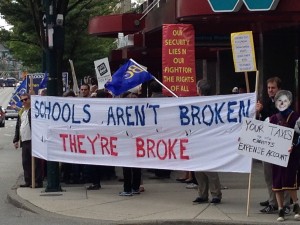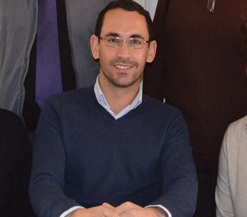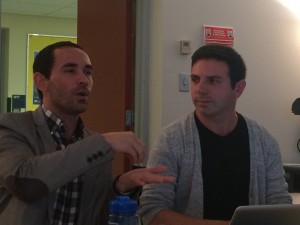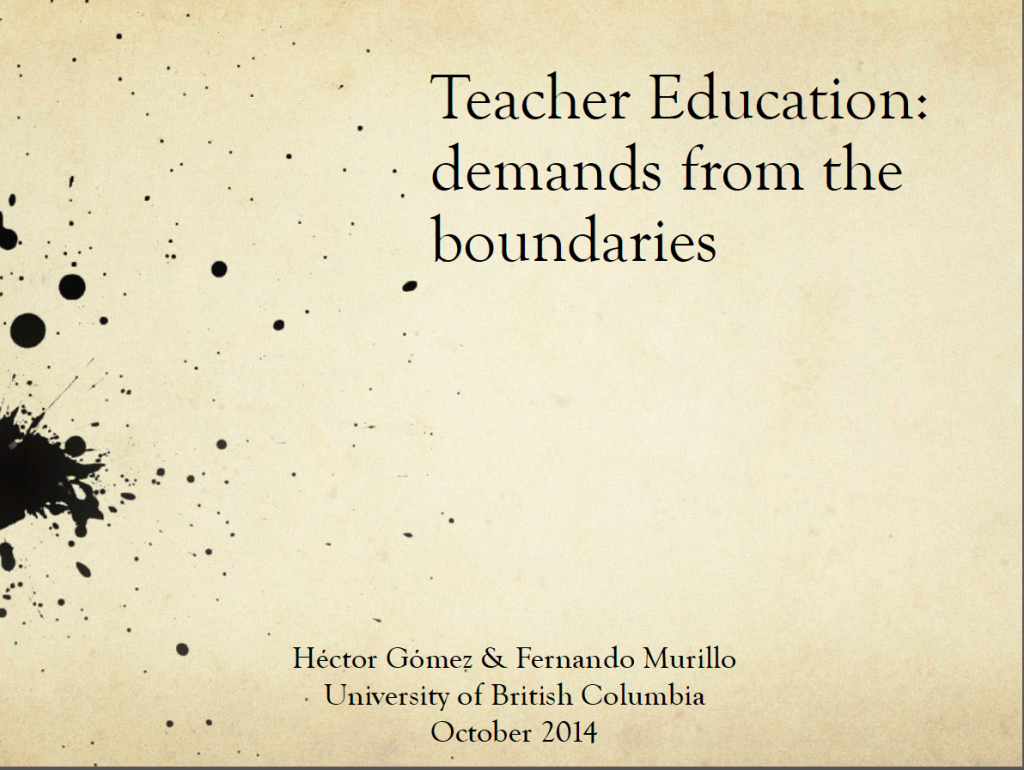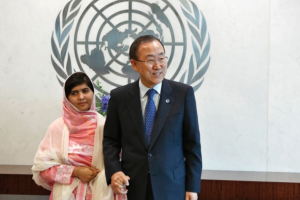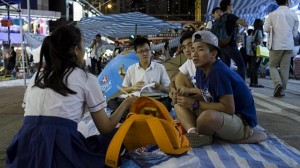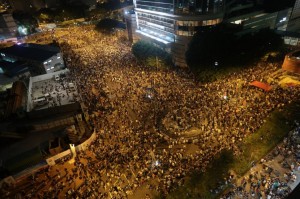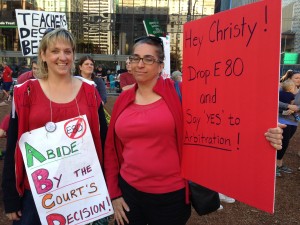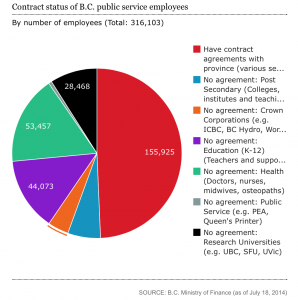Sandra Mathison, The Globe and Mail, October 19, 2016– Education Minister Mike Bernier fired the Vancouver School Board on Monday morning, a shocking move illustrating how very differently the public and the politicians see the role of school boards. On the one hand the public sees school boards as advocates for their community and their schools. On the other hand the government sees school boards as technocrats appropriately constrained by the B.C. School Act to manage school districts.
Citizens go to the polls in an election year and vote for school trustees who will manage the school district, but voters also expect advocacy for the district, schools and children. The public does not see itself as simply electing bureaucrats; they elect champions. Greater parental involvement in schools was established in the 1970s and 80s with the creation of parent advisory committees giving members of the public every reason to believe their voices matter. With control vested in the politicians and educational bureaucracy of the moment, school trustee advocacy for well-funded, appropriate education is framed in relation to the current provincial party (the B.C. Liberals) and educational leadership (Minister of Education Bernier).
As shocking as firing the Vancouver School Board is, the provincial government’s action reflects a historical pattern of centralized education governance that has become ever more acute. By law, school boards are subordinate to the provincial government and charged with managing the budget and implementing the curriculum and standards set by the ministry. This change is not recent and began as early as the 1970s although escalated dramatically with Socred changes to school governance in the 1980s.
Firing school boards is draconian but it has happened before in British Columbia. In 1985, the Socreds fired both the Vancouver and Cowichan trustees for submitting needs-based budgets rather than complying with government-set spending limits. Provincial governments have made other changes to school boards that have outraged the electorate, such as the NDP’s 1995 plan to centralize schools and reduce the number of school boards from 75 to 37 (a plan only partly implemented and a reduction in the number of school districts to the current 60).
Even though firing a school board in B.C. is legal within a centralized education system, it is unmistakably a political act. The BC Liberals have been in an antagonistic relationship with local education authorities and other education constituencies such as the BC Teachers’ Federation for years. Firing the VSB trustees is a political move, but it is also a bureaucratic move that fosters the centralization of educational decision-making. It is easy to see this as merely a partisan move, rather than one that is both political and partisan.
Mr. Bernier accused the VSB trustees of spending too much time on advocacy and too little time on following the rules. Many Vancouver parents accuse the B.C. Liberals of flouting democracy for political ends.
This dramatic situation in Vancouver raises the question: Are school boards necessary? The answer has to be yes.
Read More: The Globe and Mail

 Follow
Follow

